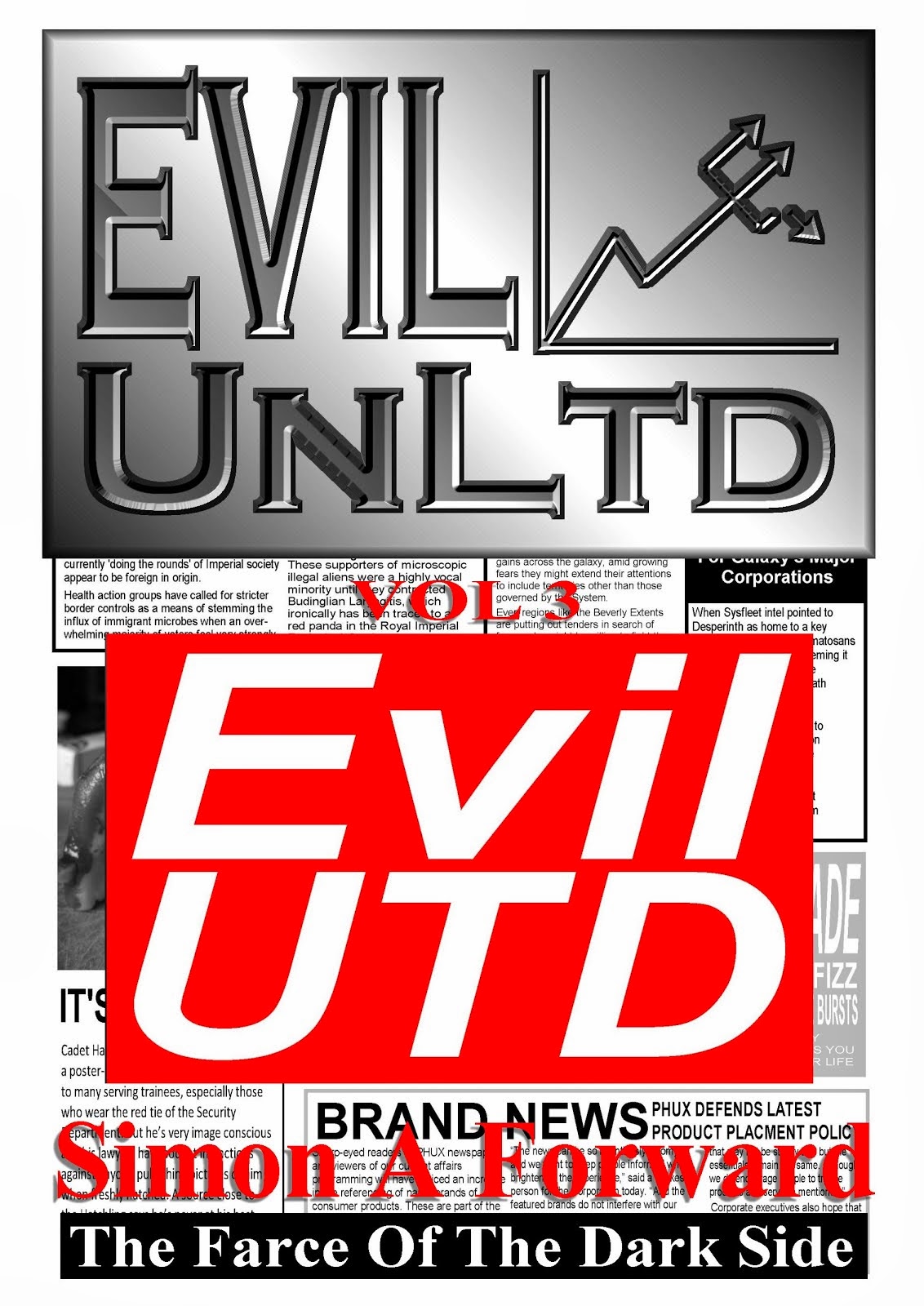To introduce the same companion twice might be considered
fortunate. To introduce her three times seems like a carefully orchestrated
masterplan. As I’m sure I’ve stated before, I have no quarrel with being
re-introduced to Clara Oswald, however many times are needed is fine by me. And
on a rewatch we get to meet her for the first time over and over again.
Obviously, the mystery surrounding her loses much of its
draw the second time around – that’s the thing with mysteries – and I have
concerns about the future of the character after the revelations concerning her
nature, but for now Jenna Louise Coleman is a treat to watch and she does a
great deal to liven up even the lacklustre episodes.
So when we get a clever, energetic little gem of a story
like The Bells Of St John there’s
plenty to celebrate.
It doesn’t begin especially auspiciously. The pre-credits
teaser amounts to a big show and tell, effectively establishing the situation
the Doctor’s going to be up against and helpfully spelling it all out up front.
Naturally, this clears the path for the core matter which is the Doctor-Clara
relationship and it’s an ergonomic approach but it didn’t strike me as great
storytelling on first viewing and it still doesn’t. We learn and discover
what’s going on through the course of the episode anyway, so it’s not necessary
and could have made way for a more artful opening.
But that’s a lesser quibble than it sounds because once
the opening titles have stormed by on our screens, we’re right into a
contemporary domestic thriller. The kind of thing that only Doctor Who really excels at.
Moffat has a proven talent for picking something mundane
and making it scary – gas masks, statues, shadows, silence, fireplaces. Okay,
not so much that last one, but here he’s taking something everyday that’s all
around us and having a go at turning it against us. Yes, Wi-Fi. The world-wide
web. And spoons. Let’s not forget spoons.
(And McCoy’s Doctor used to play the spoons. Significant?
Could be...)
Written down like that it sounds silly. But it’s handled
highly effectively and while the Wi-Fi is not in itself scary, I think the
episode does successfully play on the particularly modern and adult fear of
clicking on the wrong thing online. Most of all with regard to children freely
exploring the internet. There are horrors out there, never mind the threat of
having your consciousness uploaded into a database to feed the GreatIntelligence. We’re generally more worried about what might be downloaded into
our consciousness, but flipping it and examining it in reverse works just as
well.
Weaving the Great Intelligence into proceedings makes
Great Sense and (as we now know) serves Moffat’s gameplan for the series. It
also grants us another appearance by Richard E Grant, always thoroughly
welcome.
And this time he’s aided and abetted by Celia Imrie. She
oozes ice and the way her character reduces human emotion to numbers,
manipulated on sliders on an iPad is a superlative touch. The moment when we
discover she is merely a puppet, evidently recruited by the Great Intelligence
when only a child provides for a note-perfect sting, superbly played.
Everyone else on the staff and the rest of the supporting
staff are okay, nothing spectacular, nothing too memorable, but that’s fine as
Jenna-Louise and Matt Smith are the stars of this show. Matt seems fired up,
like he’s just come back from a fantastic holiday, and that fits because we’re
seeing a Doctor (currently living a solitary existence as a ‘Mad Monk’ (but not meddling) in 1207
AD) brought back to life by the sudden unexpected return of (another) Clara.
Moffat’s wit is on overdrive and the adrenaline seems to fuel the cleverness,
with the whole scenario of Clara (thinking she’s) calling a tech support
helpline across the timezones and her hooking the Doctor’s undivided attention
with her mnemonic (‘thing’) of ‘run you clever boy and remember me’ being a joy
to watch from start to finish.
Then the Doctor’s rushing to Clara’s rescue in the
present day and the joy continues with the Doctor meeting this new companion
with all his pre-existing affections (and obsession) with her, while Clara, for
her part, wonders why this nutter has come knocking on her door.
There’s no attempt to explain the ‘woman at the shop’ who
gave Clara the TARDIS phone number to call. We have to assume it’s River. Explanations
aren’t important at this stage. It’s just another little piece of the puzzle
hinting of Clara’s ties to the Doctor’s
life, like the book written by one Amy Williams. Nice touch.
This brims with nice touches. Along with big, bold action
sequences – house lights used to mark out the Doctor and Clara as a target for
a plane crash (played for pure Hollywood but with underlying hints of 9/11);
and in the closing stages, the Doctor’s motorcycle ride up the Shard.
Fab
stuff, but honestly the final straw in Moffat’s habit of pinching my ideas.
Kleptomania, I guess, be like that: starts with something small like
intelligent snow from Drift, you move on to instances of the same girl
scattered through time from EmotionalChemistry and before you know it you’re fancying the look of the Vertibike
in Evil UnLtd Vol 2. Well, I’m watching you, Steven. At least, I’m watching Doctor Who anyway.
I have to if it continues to be this good.
The flaws here are sufficiently minor to be
inconsequential. For example, the Doctor sending in the spoonhead substitute is
fair enough but it only acts at all robotic once the audience is in on the
trick. Clearly, he has to act Doctorish in order for the trick to succeed, but
why lapse into full roboticness once the cat’s out of the bag? A bit more
hmmworthy is the way everyone turns to useless jelly while the spoonheads’
necks are doing their 180-turn. It’s the sort of thing that goes on in video
games – some enemy gets busy mutating into a bigger, badder boss but the main
characters are left standing there, trapped in a cut scene with only the power
to observe in awe at what they’re going to have to fight. When, really, the
smart choice would be to run or start shooting, pronto.
But if that’s the level of gripe we’re reduced to, then
we can safely conclude that this is quite simply the best introductory story
for a companion since Clara’s last one.
Next Time...
The Rings
Of Akhaten
SAF














